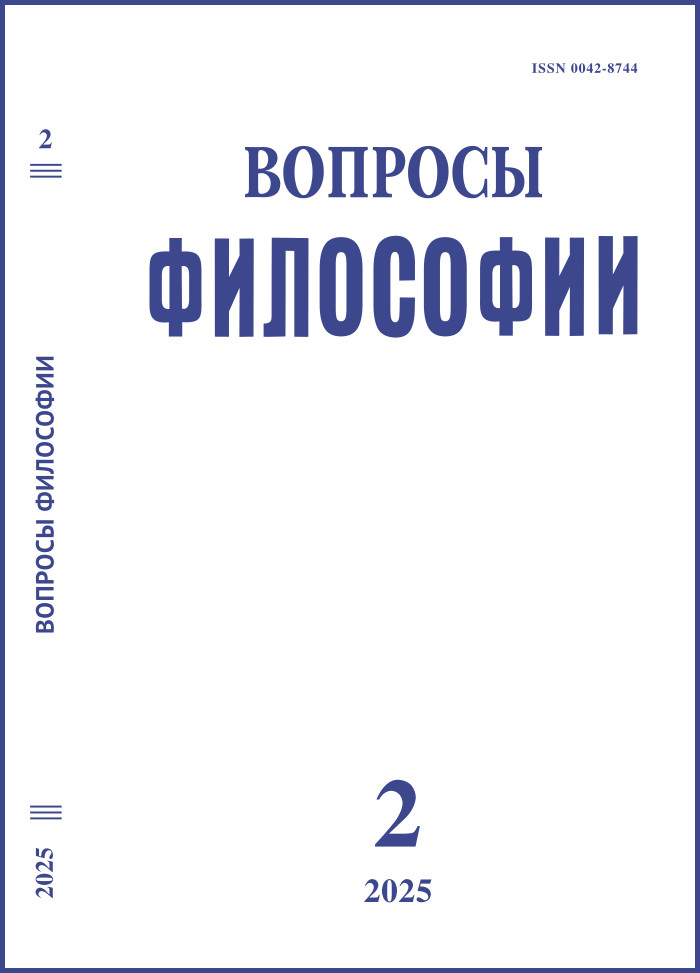In Memory of Herbert Hörz
DOI:
https://doi.org/10.21146/0042-8744-2025-2-50-59Keywords:
Herbert Hörz, philosophical issues of natural science, scientific and technological revolution, ethics of science, bioethics, humanism, transhumanism, man, information technology, I.T. FrolovAbstract
The article is dedicated to the memory of the famous German philosopher, specialist in the field of history and philosophy of science Herbert Hörz. Hörz worked for many years as the dean of the philosophy department of the Humboldt University in Berlin, deputy director of the Institute of Philosophy of the Academy of Sciences of the German Democratic Republic. After the liquidation of the GDR and the dissolution of the Academy of Sciences of the GDR, Hörz showed great courage in uniting the members and employees of the Academy and created the Leibniz Society of Sciences in Berlin, which is an effective scientific corporation in which current scientific problems are posed and solved. Hörz is well known in our country. He repeatedly participated in joint scientific conferences with Soviet and Russian philosophers, published in Russian-language scientific literature, and provided assistance to our compatriots who were undergoing internships in Germany. In the last decade, Hörz regularly participated in scientific events of the Institute of Philosophy of the Russian Academy of Sciences, in the annual Readings in Memory of Academician Ivan Timofeevich Frolov, with whom Hörz was connected not only by decades of friendship and scientific cooperation, but also by the main theme of philosophical research, concentrated around the problem of “Man and new technologies”, as well as a general approach to solving this problem, based on the priority of humanistic values over scientific and technical feasibility and economic efficiency. From these positions Hörz criticized various transhumanistic, manipulative approaches to the use of modern information and bio-technologies. He saw the solution to global problems in bringing humanistic values to the forefront and overcoming social alienation.

